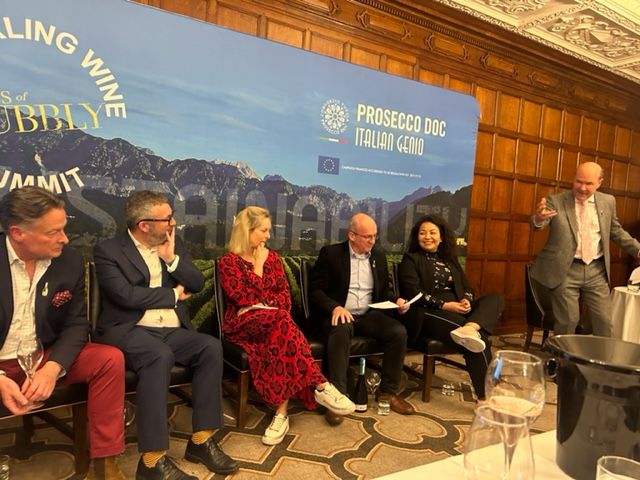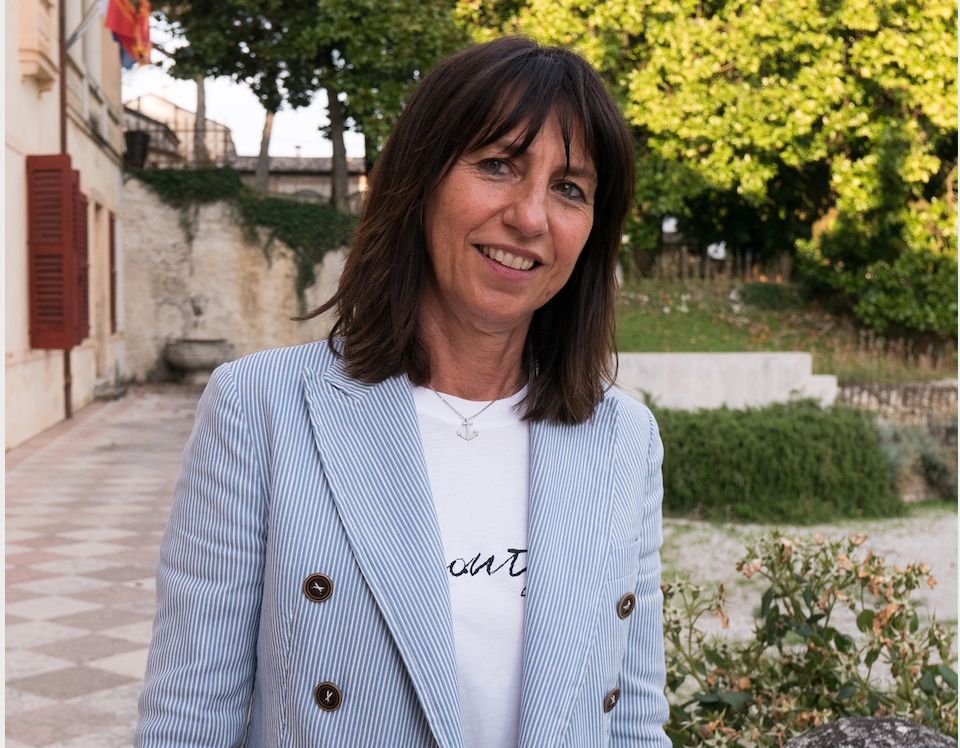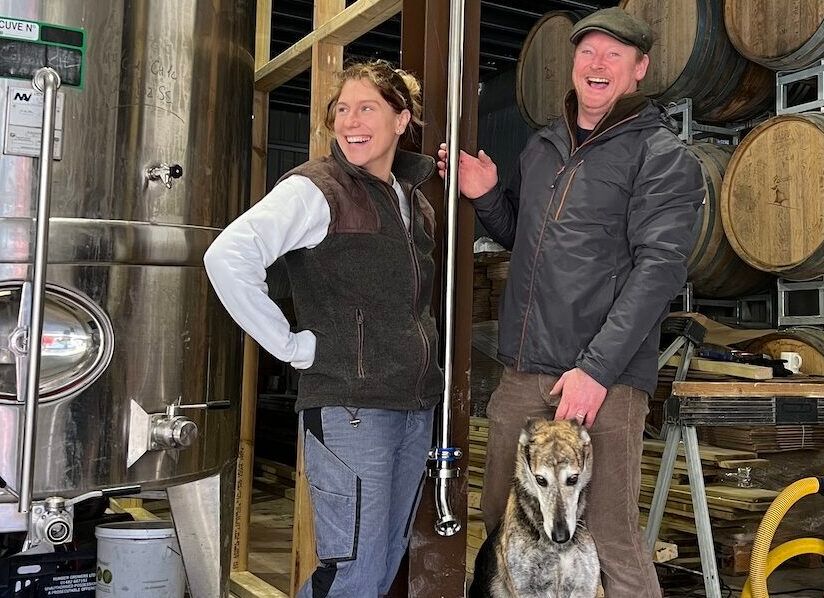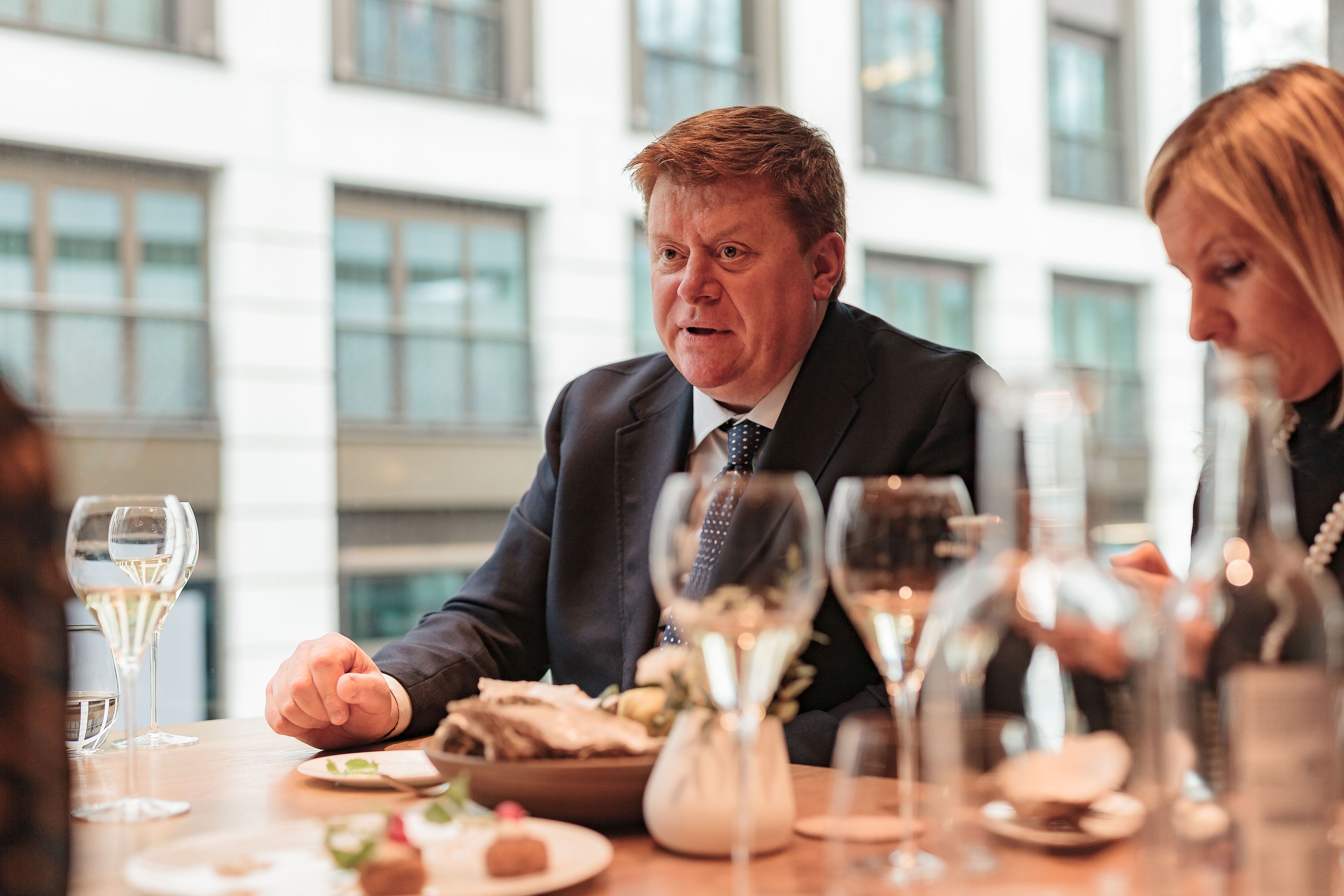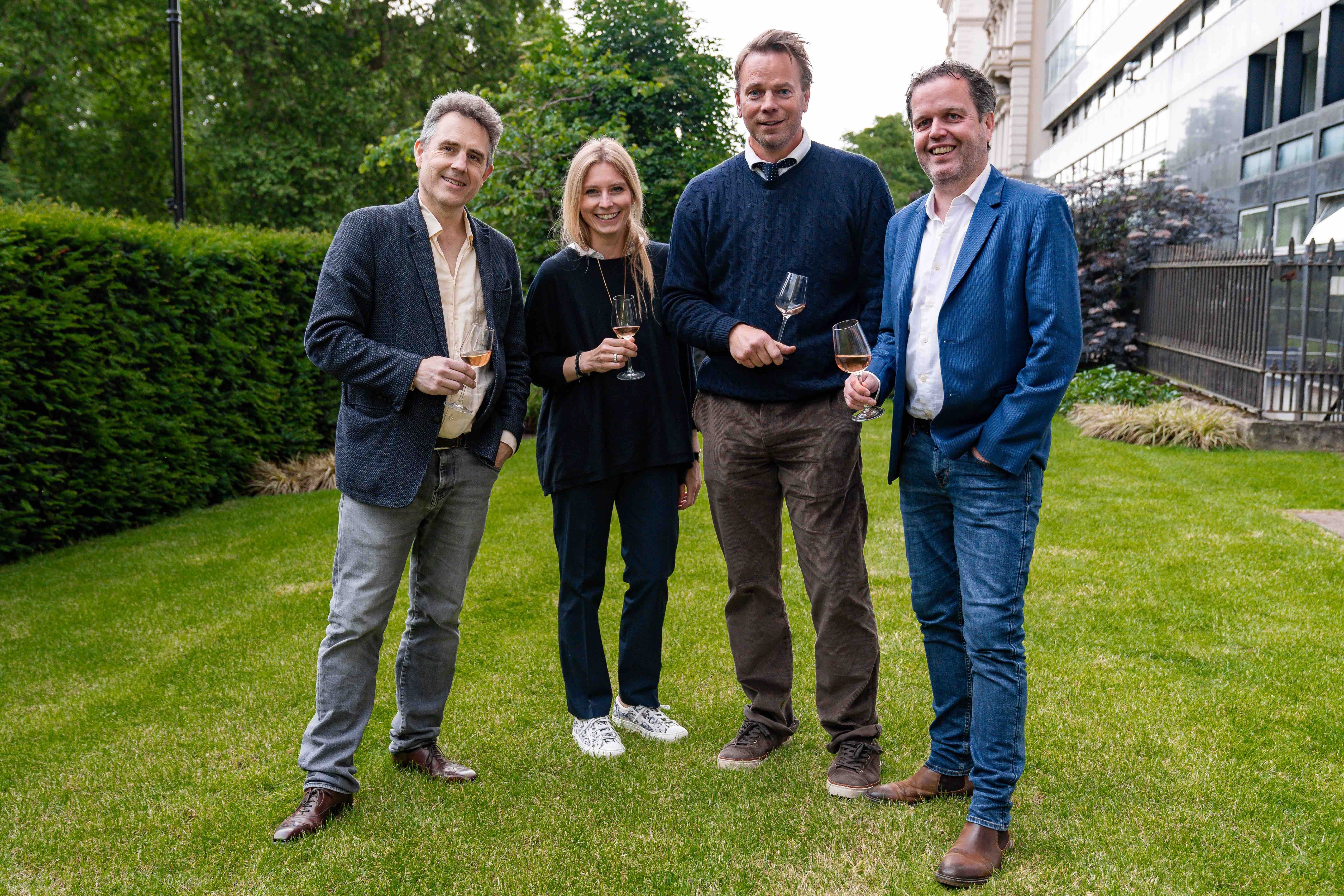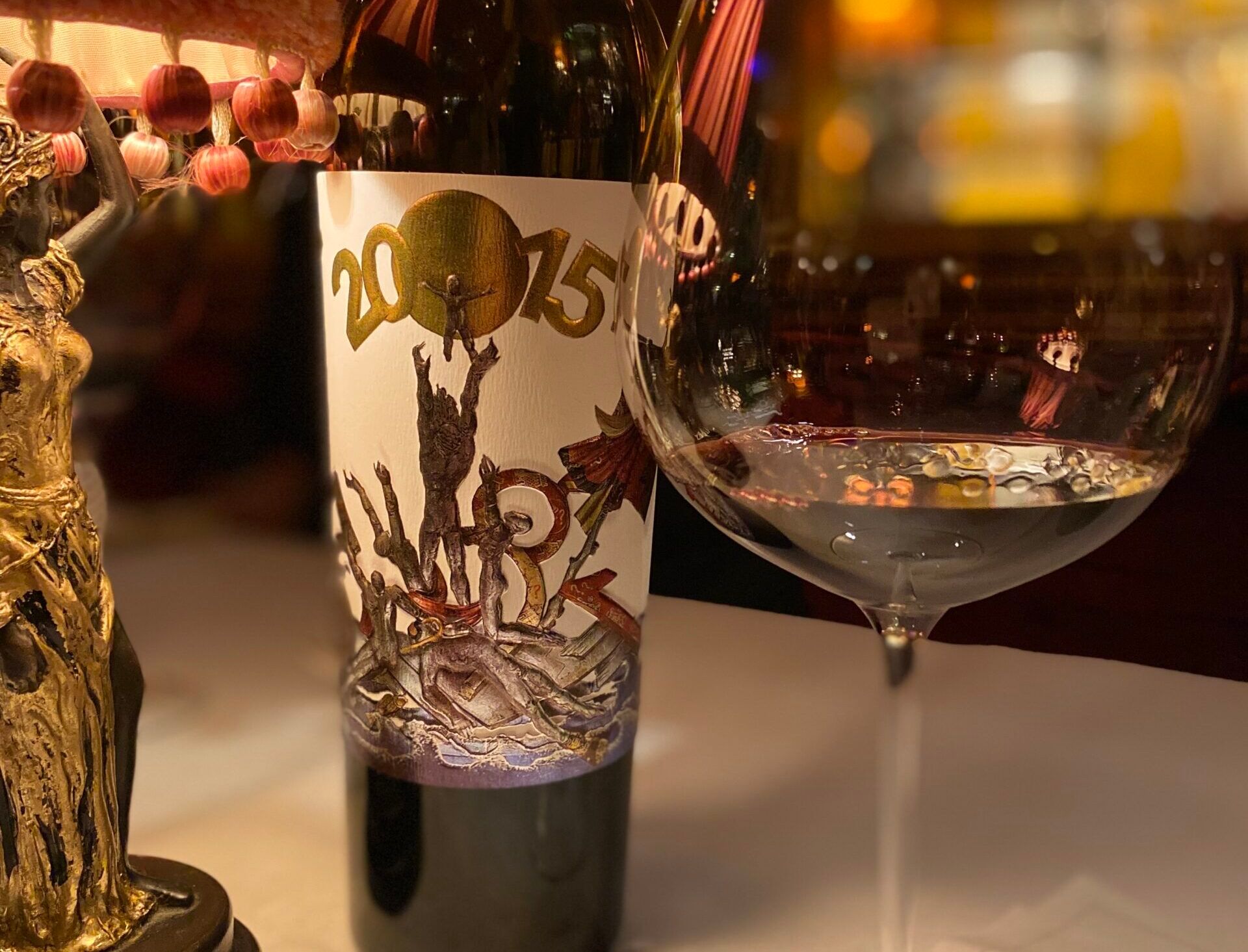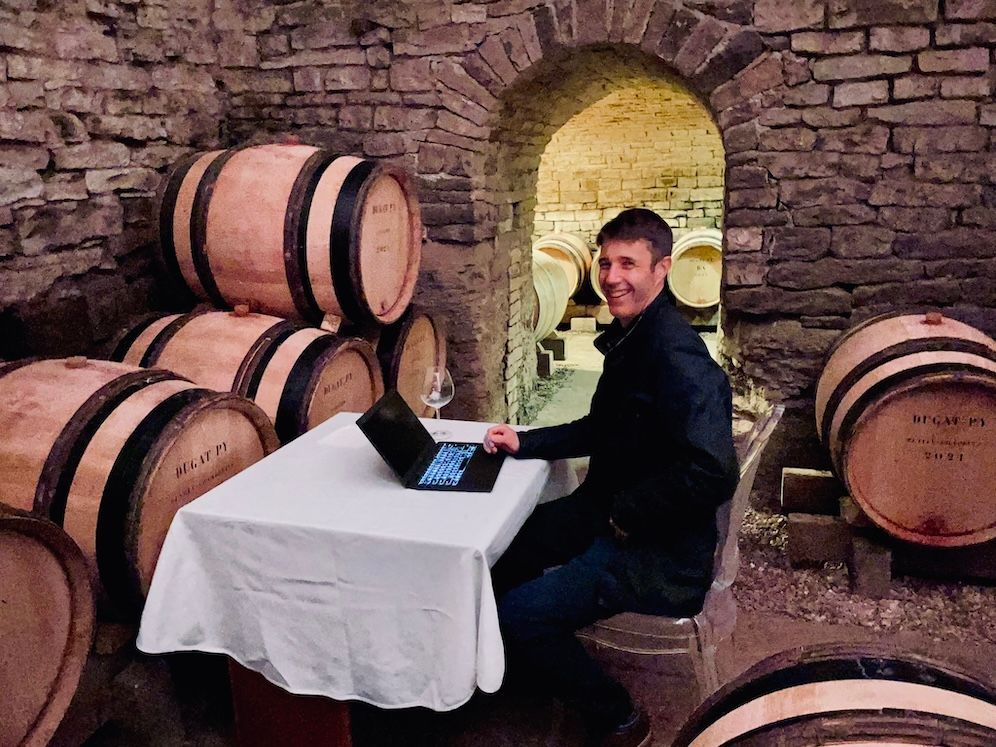Prosecco, we still love it. A staggering 110 million bottles a year are imported annually to the UK. That’s more than Germany, France and Belgium combined. We even import more than our friends across the pond in America.
So, with the continuing hot topic of sustainability ringing in the ears of those in the wine industry then, the Sparkling Wine Summit supported by Prosecco DOC on this very topic, was one panel that needed heeding.
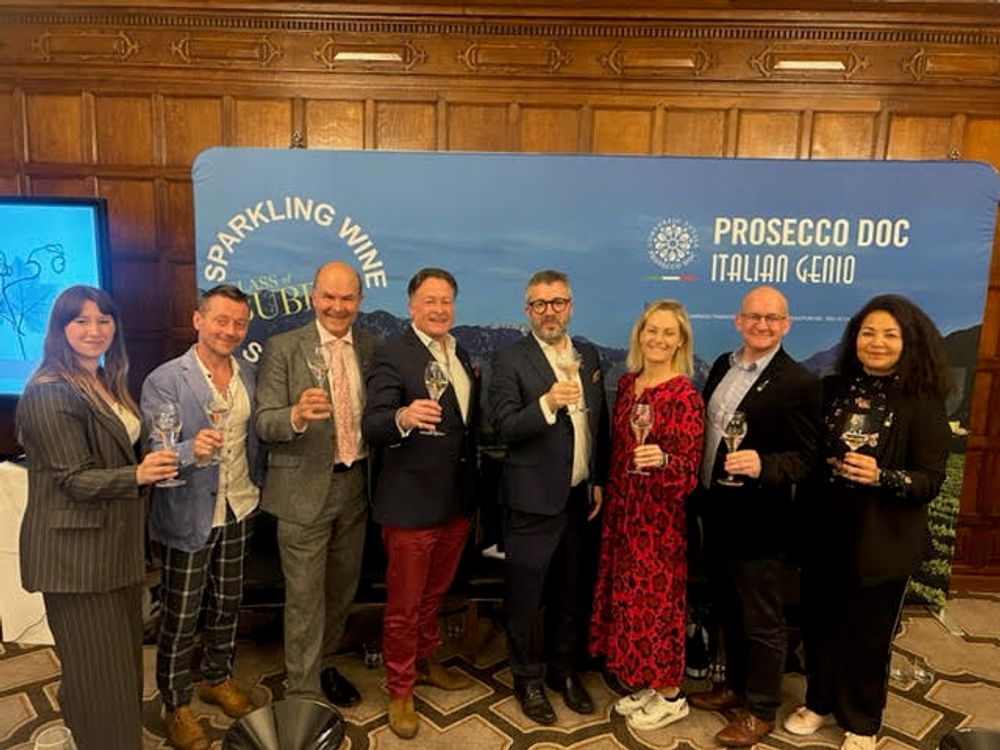
Neil Philips chaired the recent Glass of Bubbly Sparkling Wine Sustainability Summit with Prosecco DOC
Taking place alongside the annual Glass of Bubbly show in London’s Park Lane, The Sparkling Wine Sustainability Summit is now in its second year. Having been to both events there can be little doubt that the Consorzio behind Prosecco DOC is charging forward with more focused initiatives than ever.
A panel of industry professionals, including Dr Peter Stanbury from the Sustainable Wine Roundtable, Shane Holland of Slow Food UK, Luma Monteiro, marketing manager at Davy’s and @wineriaofficial (Instagram) took their seats. Hal Wilson of Cambridge Wine Merchants and journalist Ellen Manning were joined online by Andrea Battistella, vice director and head of the technical office of the Prosecco DOC Consorzio.
“We want to showcase what’s going on behind the scenes with Prosecco DOC,” said panel host, Neil Philips, UK Ambassador for Prosecco DOC.
“It’s important to get a view from lots of different sectors, it’s a chance to showcase the step forward since last year in the structure and approach for sustainability within the Consortium.”
And stepping forward they have, with concrete details on how the Consorzio is undertaking its sustainability initiative.
Far and wide
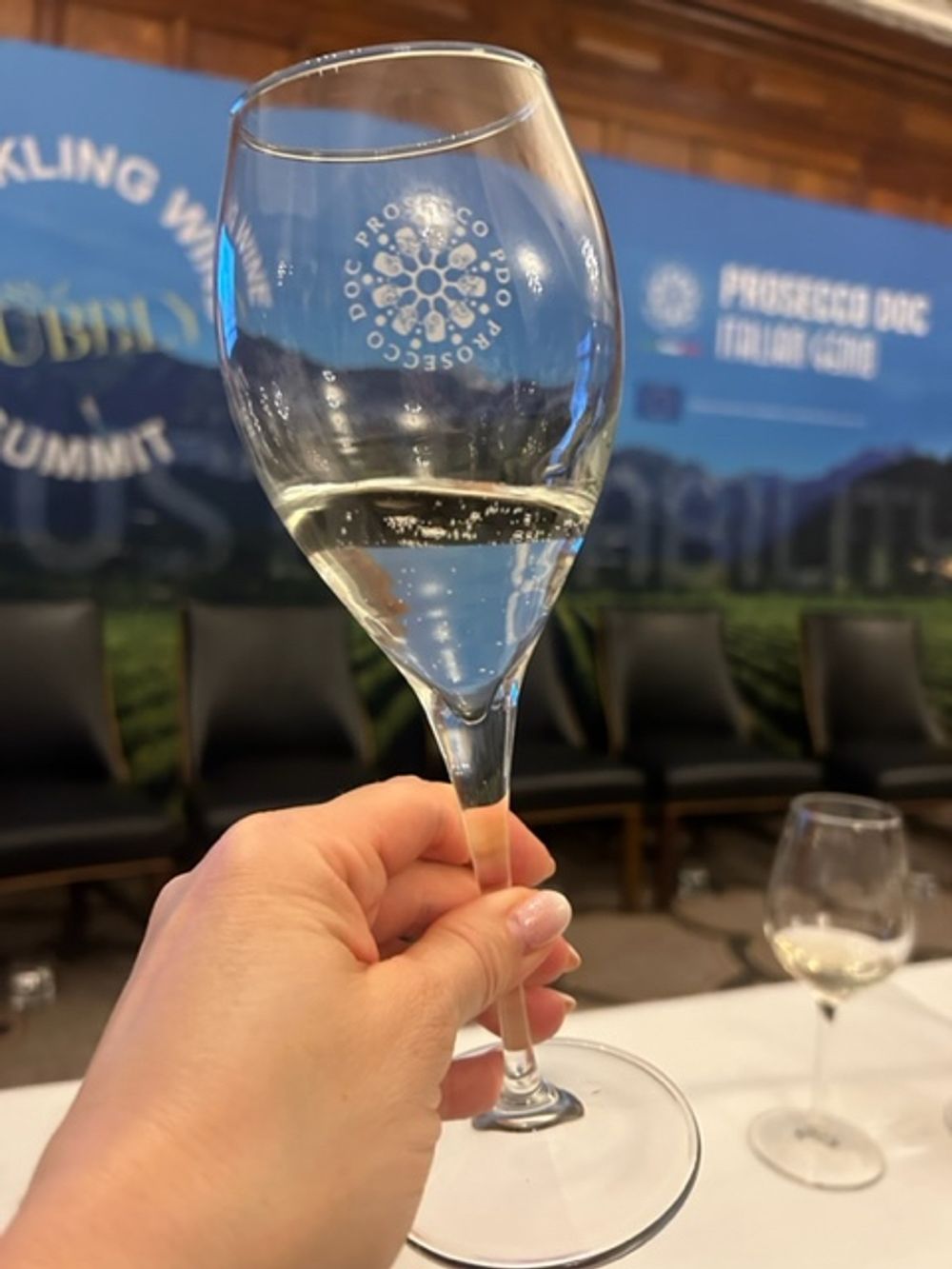
There are learnings to be taken all over the world about how regions like Prosecco are tackling sustainability
The Prosecco DOC’s role is wide and far reaching and represents over 12,000 producers in the region. Its remit, amongst other issues, is the intangible component that is working towards improving “environmental and social topics”. Sustainability initiatives it believes, can be broadly divided into three areas: environmental; societal; and economic approaches.
These priority approaches spearheaded by the Consorzio include the development of an interactive platform so producers can calculate their carbon and water footprints. ‘Zoning’ has been a key area of development where producers have been able to see the climate’s impact on the wine growing areas in terms of how quality and grape growing is affected.
Biodiversity remains at the heart of vineyards including the planting of hedges and promoting bee colonies. Water conservation management, both lack of and excess or water, is being analysed. Collaborations with institutions such at the University of Padua are ongoing; they are helping to find ways to reduce the usage of pesticides and chemicals in the vineyards. Projects to create disease resistant vines which can weather uncertain conditions without the overuse of chemicals continues unabated. All initiatives were laid out remotely by Andrea Battistella and his team to a full house.
Global context

The Sustainable Wine Roundtable has made big steps in bringing the industry together
But the work of one of the largest sparkling wine producing areas in the world cannot be seen in isolation and so the summit followed. Starting with Peter Stanbury from the Sustainable Wine Roundtable (a multi stakeholder membership that strives for a global sustainability standard). “There’s a lot of waffle and bullshitt,and therefore,there’s a lot of cynicism but we develop evidenced based positions that can drive change,” he stressed.
Slow Food movement’s Shane Holland added: “There aren’t any legal definitions for sustainability, consumers buy with their pocket today and their values tomorrow.”
He said the wider sparkling wine industry needs to be ready for the change when consumers do demand their wines be sustainably focused.
He explained: “We need an adoption of standards. If we don’t, consumers will be looking for different things. At the moment consumers want these things but aren’t ready to pay for them. We need to be ready when they do.”
“We need to communicate it better, not in a boring way, I would like to see more communicators talking about it,” said Luma Monteiro at Davy’s.
Ellen Manning agreed: “How do we encourage consumers to be sustainable and the way we do that is through storytelling and communication, it’s a slow shift.”
Right direction
This shift is something Dr Peter Stanbury said is already underway: “I think there are a lot of pressures edging in the right direction, you’re seeing more retailers talking to consumers, and an uptick in the regulatory pressure such as Green Deal in the EU. The challenge as an industry is how do you turn that pressure into a set of doable things that can dissect this huge amorphous thing called sustainability, into a set of actionable tasks that people can do.”
How do producers themselves see the issue of sustainability taking hold for its consumers? Prosecco producer Anna Nardi from Perlage, a third generation winery, demonstrates how these actionable tasks when executed by companies can work.
“We are respectful of the environment that is hosting us, we at Perlage were the first organic winery in the Prosecco Superiore region. We are here to share that we are sustainable. It’s hard to make people understand that for us this isn’t greenwashing. We don’t have a solid presence in the UK market. I’m still unsure if people really care here about this.”
Caring as a consumer is what is most important if the journey towards more sustainable wines is to take hold.
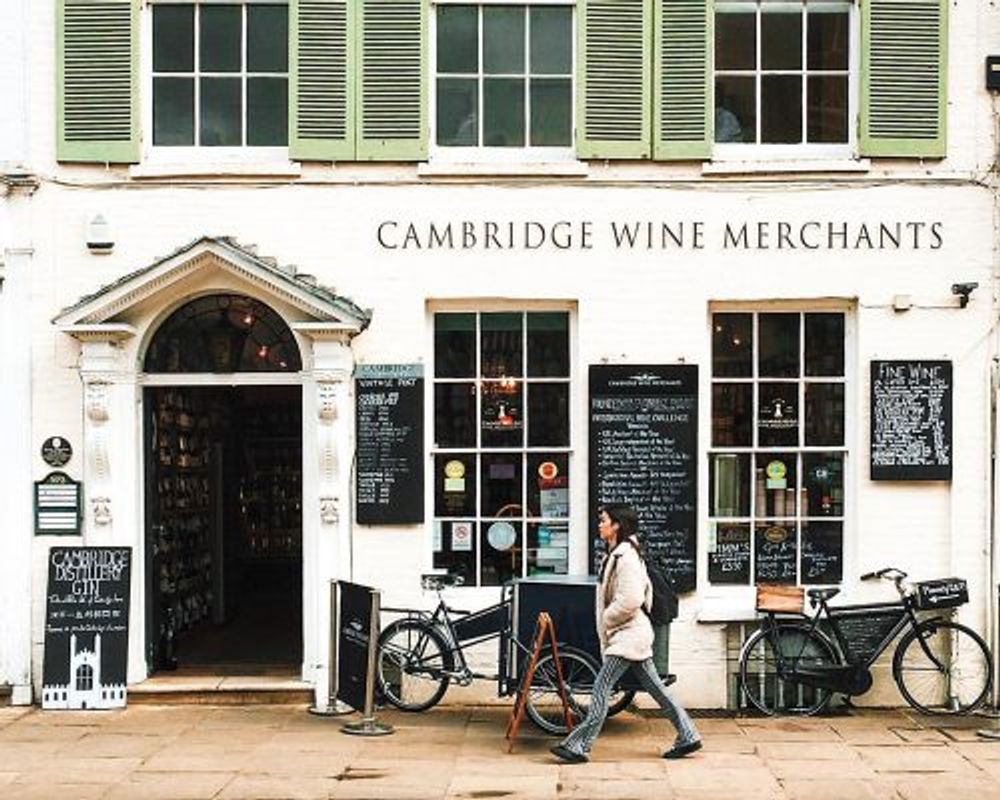
Hal Wilson of Cambridge Wine Merchants said the sector needs to shout out more about the sustainable steps it is taking
Hal Wilson of Cambridge wine merchants said: “We need a real vision and I’m very optimistic as the next generation is drinking wines. We have to shout about it more and show that sustainability is at the heart of what we do.”
The final words went to panel host, Neil Phillips: “We should be able to come back and say how we all approach sustainability and how we get it across. What we’ve done in 2024 is more coordinated than 2023 and it is key to showcase that. But also, to make all of us think how about we approach sustainability as an individual as well as the wider wine community.”
Accountability and putting words into actions remained the overriding message of the day. It will be interesting to see at next year’s Glass of Bubbly Sustainability summit how many of those ideas discussed were actioned. How many changes such as reducing bottle weight, packaging and communication have come to fruition?
